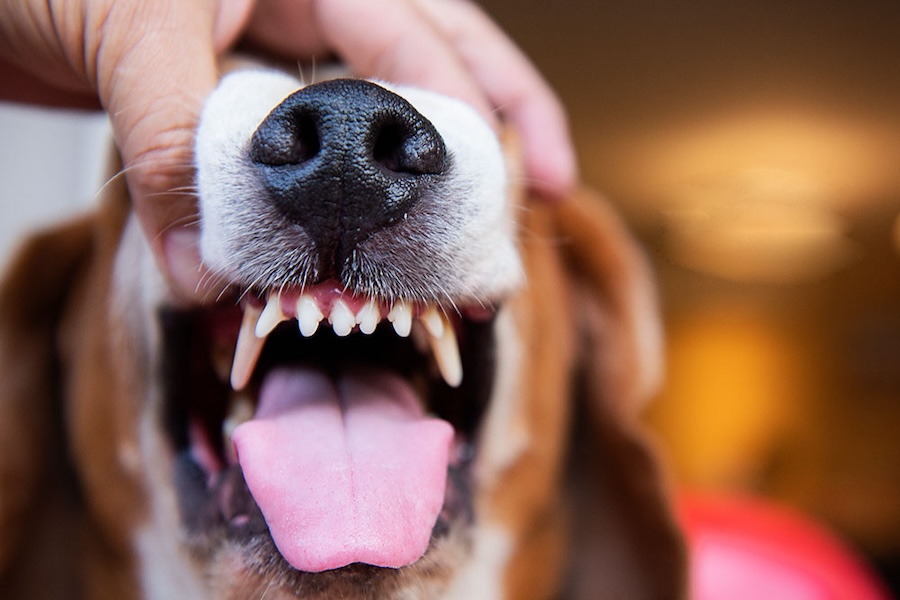Our pets bring joy, companionship, and endless love into our lives. As responsible pet owners, it’s our duty to ensure they lead happy and healthy lives. While we often focus on aspects like nutrition, exercise, and grooming, one area that can sometimes be overlooked is dental health. Just like humans, dogs and cats require proper dental care to prevent dental issues and maintain overall well-being. In this blog post, we’ll explore the importance of dental health in pets and provide tips on how to keep those adorable smiles bright and healthy.
The Significance of Dental Health: Good dental hygiene is essential for pets’ overall health and quality of life. Dental issues can lead to discomfort, pain, and even serious health problems if left untreated. Tartar buildup, gingivitis, periodontal disease, and tooth decay are common dental problems in dogs and cats. These issues not only affect the mouth but can also have systemic effects, impacting organs such as the heart, liver, and kidneys.
Signs of Dental Problems: Recognizing signs of dental issues in your pets is crucial for early intervention. Some common signs include:
- Bad breath
- Discolored or broken teeth
- Excessive drooling
- Difficulty chewing or eating
- Pawing at the mouth
- Bleeding gums
- Changes in appetite or behavior
If you notice any of these signs, it’s important to consult your veterinarian promptly.

Tips for Maintaining Dental Health:
- Regular Dental Check-ups: Schedule routine dental examinations with your veterinarian. They can assess your pet’s dental health and recommend appropriate preventive measures or treatments.
- Brushing: Yes, you can brush your pet’s teeth! Use a pet-specific toothbrush and toothpaste to gently brush their teeth regularly. Start slowly, allowing your pet to get used to the process gradually.
- Dental Chews and Toys: Provide dental chews and toys designed to promote oral health. These products can help reduce plaque and tartar buildup while keeping your pet entertained.
- Balanced Diet: Feed your pet a balanced diet formulated to support dental health. Some specially formulated pet foods contain ingredients that help control plaque and tartar.
- Dental Treats and Water Additives: Consider offering dental treats or adding water additives to your pet’s water bowl. These products can help combat plaque and freshen breath.
- Avoid Table Scraps: Limit the amount of human food you give to your pets, as many human foods can contribute to dental problems and other health issues.
- Monitor Chewing Behavior: Be mindful of what your pet chews on. Avoid hard objects that could damage their teeth and opt for dental-approved chew toys instead.
Conclusion: Dental health is an integral part of your pet’s overall well-being. By incorporating regular dental care into your pet’s routine and being vigilant for signs of dental issues, you can help ensure they maintain healthy smiles for years to come. Remember, a little effort in dental care today can lead to big rewards in your furry friend’s health and happiness tomorrow.

